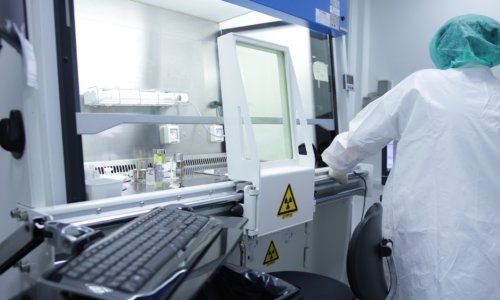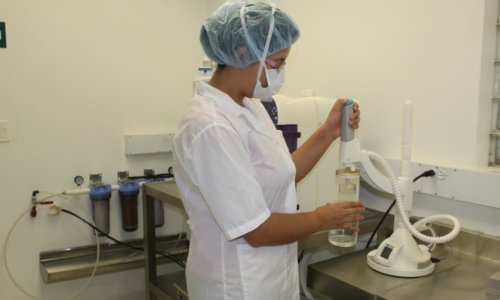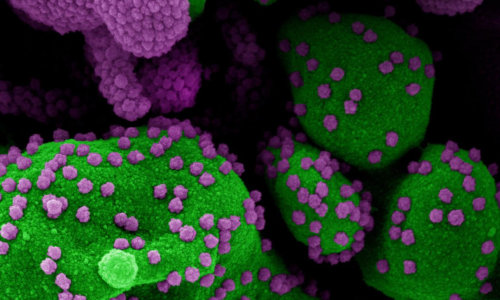What Are Cell-Free Systems?
Living systems are not only complex, they are relentless in their demands to be kept alive, with all the attendant limitations and challenges for experimentation and measurement. So-called “cell-free systems” inhabit the space between chemistry and biology proper, obviating some of the requirements of living, cell-based systems and enabling biochemical processes and experimental interventions toxic, … Read more










